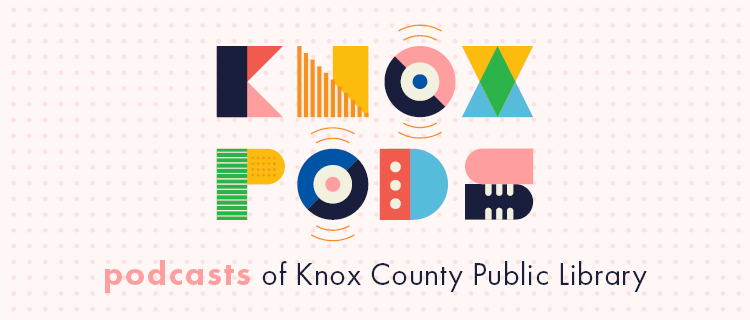full
Food politics
Dr. John Bohstedt connects the dots in his discussion of Food politics: what everyone needs to know by Robert Paarlberg. His passionate interest in the politics of hunger is both historical and modern. As a University of Tennessee history professor, his research revealed hundreds of food riots during the Industrial Revolution. Today’s struggles over food are again making headlines. “As they did 250 years ago, the social drama of riots brings on stage political forces, conflicts and actors we may not have recognized,” he says.
Dr. Bohstedt thinks most Americans are probably unaware of the offstage dramas of food politics, dramas that are brought to light in the book Food politics. “Paarlberg shows us how politics shapes our food chain—from abundance to obesity to E. coli to organic foods to farm bills to Freedom fries. Paarlberg raises important questions such as, how do our farmers—and the ‘American food regime’—and ethanol—and our menus—affect hungry Asians and Africans? Is ‘food aid’ a blessing or a curse? Why doesn’t ‘free-trade’ doctrine cover food? What about those ‘Frankenfoods?’ What might sustainable farming look like? Are we approaching the abyss of chronic food crisis or the sunny fields of the green revolution? Food is such a basic driver of human affairs,” says Bohstedt. “As I studied food riots in early modern England, I found that customary episodes of crowd violence were a form of bargaining between the common people and their rulers, indeed a first draft of the welfare state. Like ‘our’ recent food riots of 2008, they were politics from the gut where hunger meets outrage.” (Recorded April 16, 2014)






